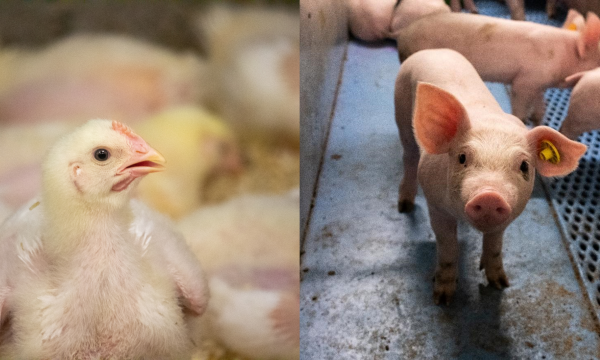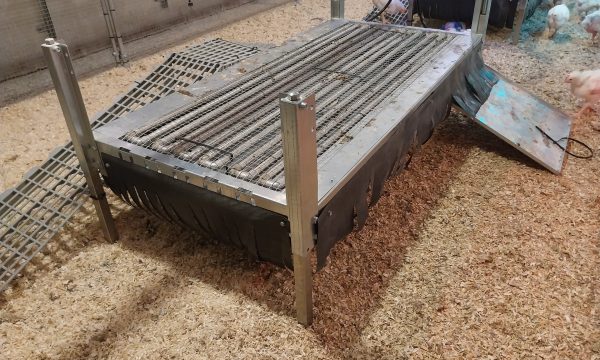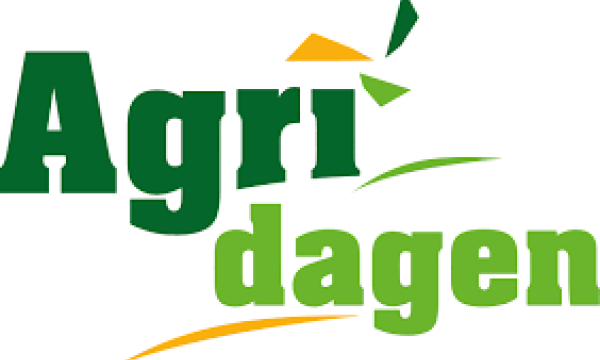Press release Animal welfare automated monitoring from barn to slaughterhouse
ILVO is coordinating the aWISH project to establish such a system in Europe.
In six slaughterhouses across Europe, researchers and companies are setting up new technologies to automatically monitor a set of animal-based, scientifically validated welfare indicators over four years. To do so, they are using artificial intelligence, camera systems, and image and sound analysis, and they are also unlocking and integrating existing data (bases). The indicators they monitor provide information about the welfare status of the animals on the farm, or during (un)loading, during transport or during slaughter. A smart feedback tool should inform the involved livestock farmers, loaders, transport companies and slaughterhouses in the chain about their scores.
aWish is an ambitious project that is expected to improve animal welfare in practice. No fewer than 24 partners from 13 European countries are participating, including six slaughterhouses from France, the Netherlands, Spain, Poland, Austria and Serbia. aWISH stands for 'Animal Welfare Indicators at the SlaughterHouse' and receives funding from Horizon Europe. ILVO is lead partner.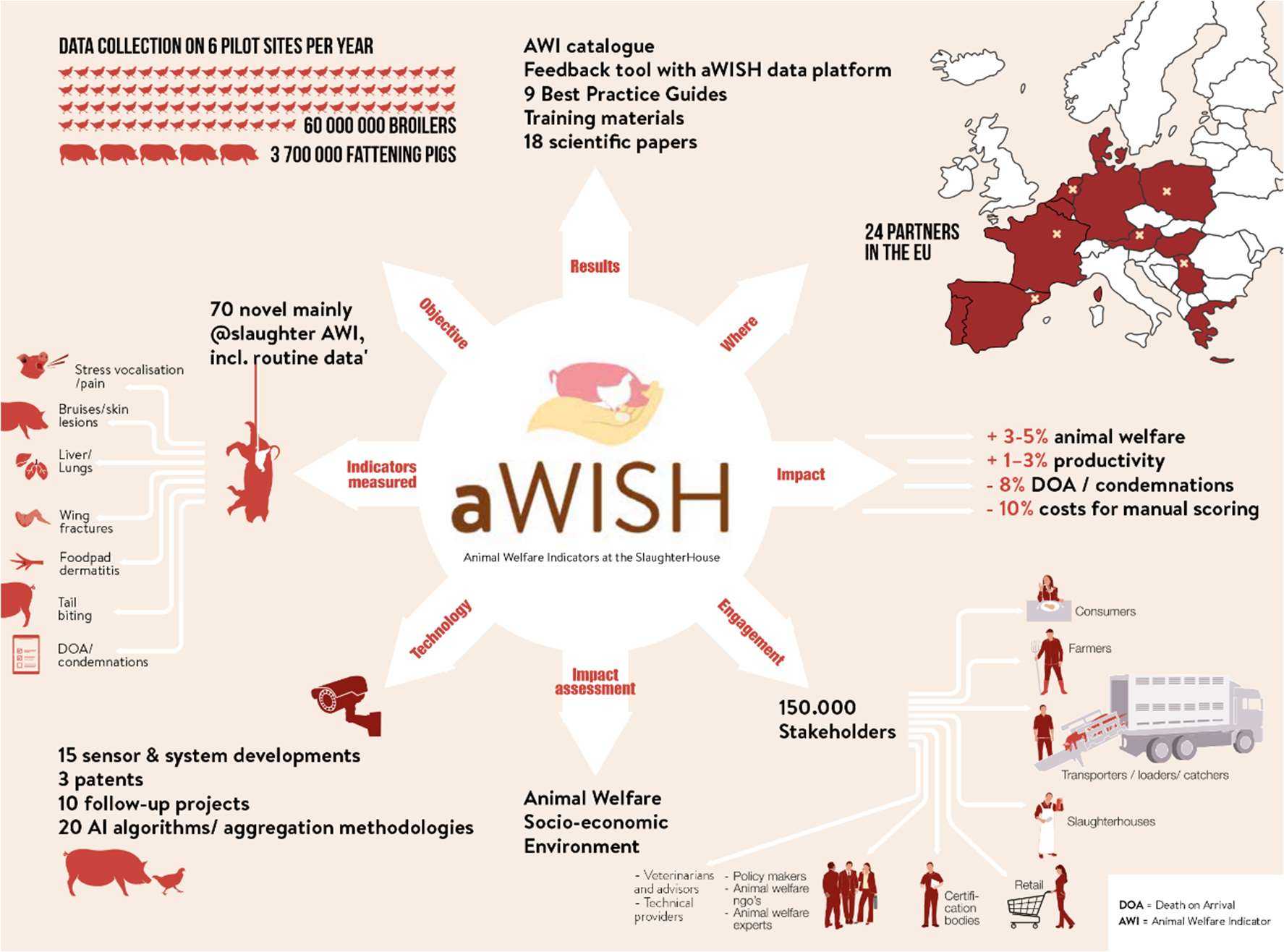
More than 130 million pigs and over 5 billion chickens are slaughtered annually in the EU for food production. This makes the broiler and pig sectors important economic segments in Europe. At the same time, the large scale of these farms can raise questions regarding animal welfare. These questions can be answered through proper, affordable, automated monitoring with new technologies centralized at the slaughterhouse.
Technologies and welfare indicators
Specifically, aWISH is committed to testing and developing camera systems, artificial intelligence and image and sound analysis technology, with the goal of large-scale automatic scoring of specific validated indicators. In pigs, for example, these include tail lesions that sometimes occur from tail biting in the barn, scratches on the carcass that occur during transport to the slaughterhouse and lesions on the liver or lungs. In chickens, attention goes to footpad dermatitis that occurs in the barn or wing fractures that sometimes occur during catching. Stress before slaughter, in turn, is monitored and scored through a sound analysis.
Integrating existing data
In addition to testing and further developing these new technologies, the project focuses on unlocking and integrating existing data from the barn. In Europe, for example, livestock farmers already collect a lot of information on animal health, antibiotic use, feed intake and barn climate. Dr. Jarissa Maseleyne, (ILVO), aWISH coordinator: "By integrating this data, we can collect info for each animal objectively, continuously and automatically. We then use this data to give feedback and advice on 'good practices' to the different parties the animal came into contact with. This is how we ultimately want to improve animal welfare at the farm and chain level."
Six pilots
The six 'pilots' in France, the Netherlands, Spain, Austria, Poland and Serbia will be led by multidisciplinary teams of researchers and technology developers. They will implement and test both existing and new monitoring technologies in their pilots, collect data on animal welfare in their regions, and test the aWISH feedback tool that should immediately inform stakeholders of their scores. The plan is to share the knowledge and experiences of these teams widely in Europe. Initially, the focus will be on broilers and pigs. Later, applications in other types of livestock such as cattle or turkeys are also possible.
The aWISH project is funded by Horizon Europe and will run for 4 years starting November 1, 2022.Meer info: www.awish-project.eu
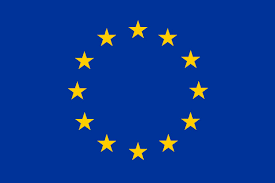
Funded by the European Union (grant agreement n°101060818). Views and
opinions expressed are however those of the author(s) only and do not
necessarily reflect those of the European Union or the granting authority.
Neither the European Union nor the granting authority can be held
responsible for them.
